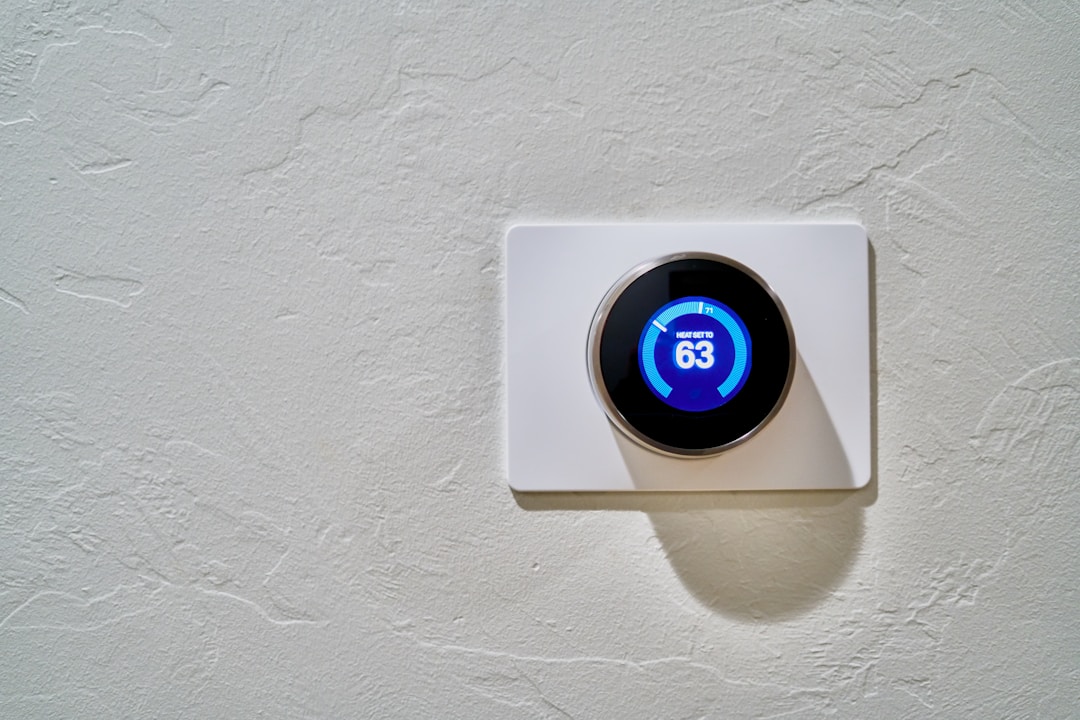Heating expenses are a natural part of the life of a homeowner. It can often feel as if there’s a short cycle between the seasons that see your home requiring cool air and then the full blast of a furnace or heat through the HVAC system and internal air filters. This changeover that occurs every year can create chaos within the cooling and heating systems of your home, leading to expanded costs on furnace-related heating expenses through the dead of winter.
Fortunately for homeowners’ finances, heating doesn’t have to be an extortionate monthly expense. There are a number of things you can do to fight back against rising heating costs and problems with aging or broken wiring, pilot lights, or furnaces. In fact, this is just one of many ways that homeowners just like you are learning how to track your spending and stay on top of your financial goals.
Start with the power company itself.

Going to the source of the bill is a great way to immediately reduce the price you are paying per kWh of electricity. Switching energy suppliers is something that all homeowners should be doing to reduce their monthly obligation; but sadly, most don’t realize that this is possible.
Without legislation giving you access to the marketplace of electricity or natural gas suppliers, your power company would own an effective monopoly over the market in any given area, and therefore there is a robust competition to undercut other firms’ rates all across the United States.
The choice to switch suppliers is completely up to you. With a quick internet search, you can improve upon your finances in a matter of minutes. Simply calling your power company and directing them to supply you with another provider’s commodity—and rate—can save you hundreds of dollars every year. This is one of the easiest ways to improve your home’s feelings about furnace and thermostat use while bringing you closer to your financial goals.
Make home repairs frequently.

Maintenance and repair work is a part of life for homeowners. Your home’s furnace, thermostat, filters, and vents are all interconnected parts of the same HVAC system and must be maintained as one comprehensive unit. Many people make the commitment to keep up with debris removal from the blower motor that lives outside in the direct sunlight but forget to change their interior filters regularly, which can be a possible cause of deterioration in the long run.
Keeping up with your maintenance plan is crucial to keeping heating system costs low. While the weather changes bring a new requirement within your home, it also provides a stressor on your heating system that can cause leaks, damage, or total failure if you aren’t prepared for the change in weather. For instance, a faulty thermostat causes the furnace to start up and shut down too frequently.
Making repairs to these individual parts of the overall HVAC is crucial to heating system success and proper airflow throughout your home all year round. Replacing a faulty thermostat, checking your ducts for leaks or punctures, and maintaining the furnace or air conditioner with seasonal or yearly check-ins with your local technician are all important steps for elongating your HVAC system’s life and saving you money.
Consider more drastic home improvements.

If none of these options are working to reduce your monthly bill then the problem may be more fundamental. Heat exchange happens most rapidly through your windows and roof. The attic space contains a large volume of air that can easily facilitate heat exchange if your roof is beginning to go. The same happens in the window panes in an aging frame.
These essential defenses against the exterior conditions typically last about fifteen to twenty years in a home, but unpredictable weather or poor maintenance routines can severely reduce this timeline. Replacing windows or the roof is your last line of defense when it comes to reducing your heating bill, but these strategies are particularly effective.
Improving your home’s airflow and finances go hand-in-hand. Don’t miss an opportunity to improve your quality of life and reduce your monthly expenses at the same time.


